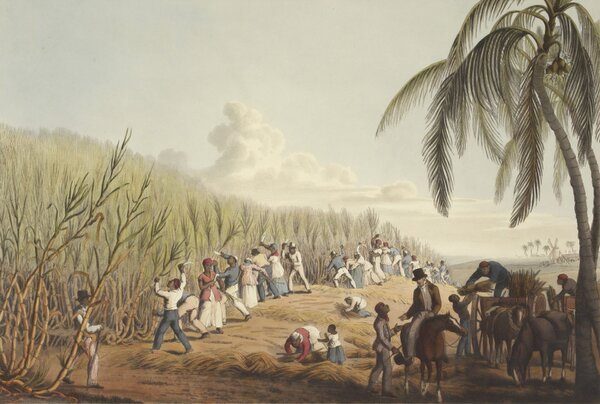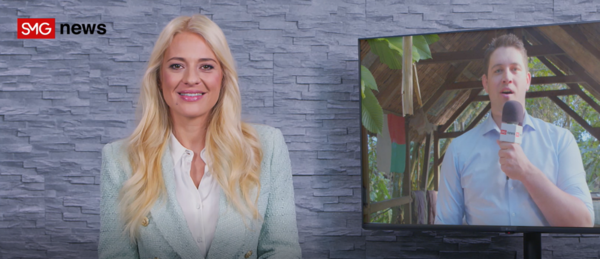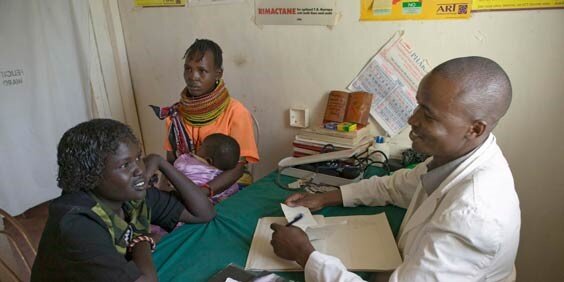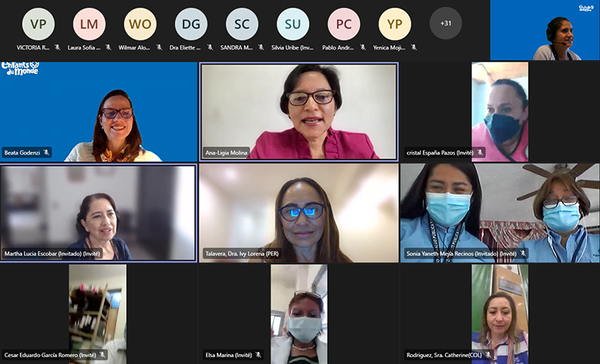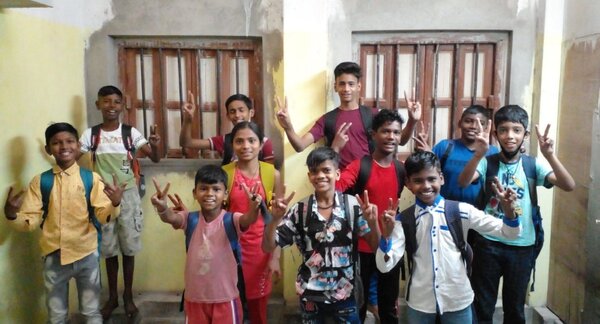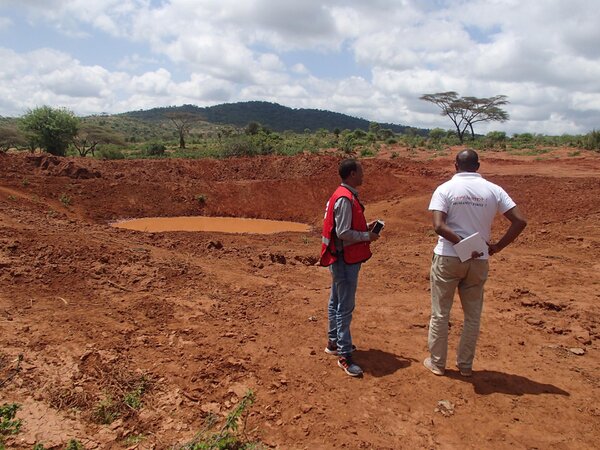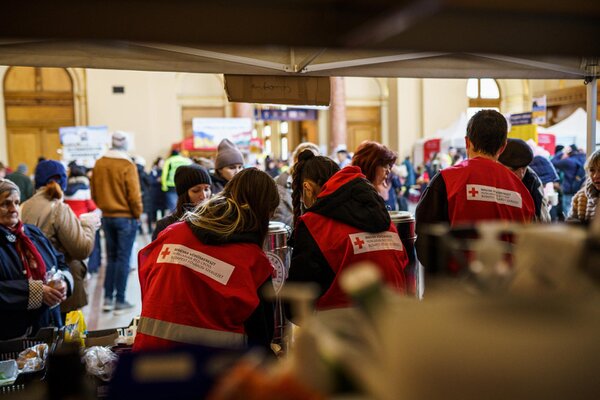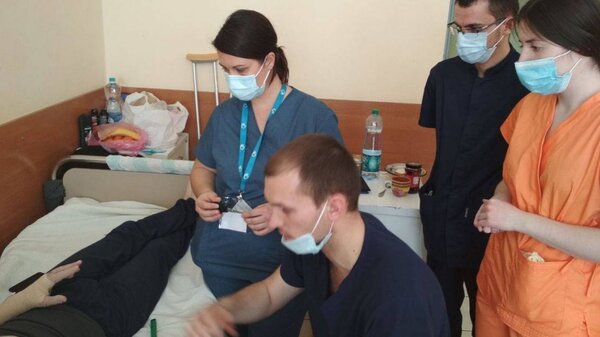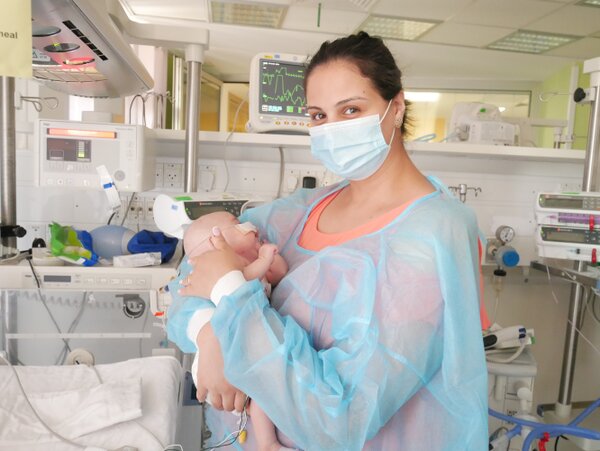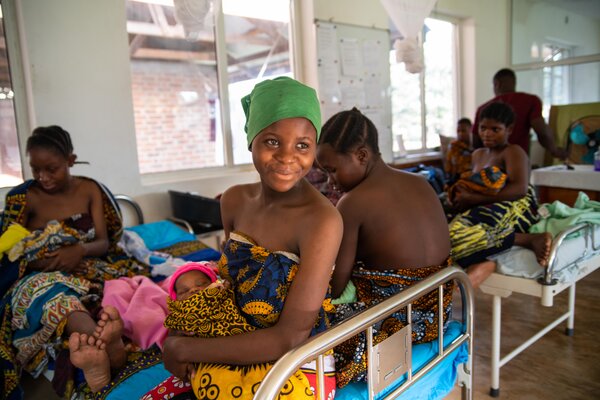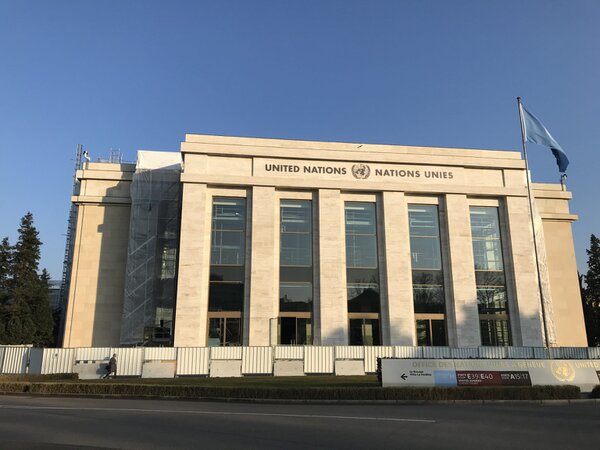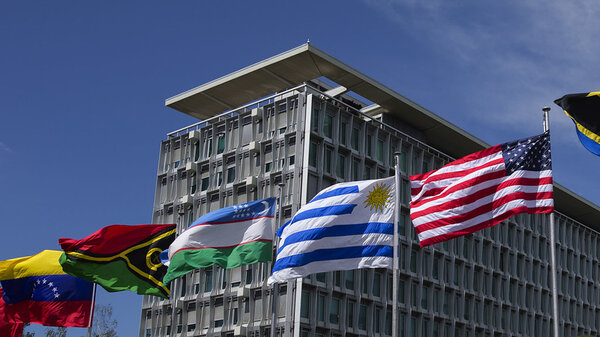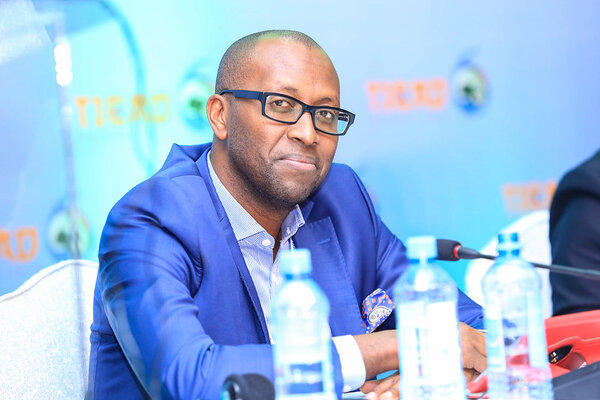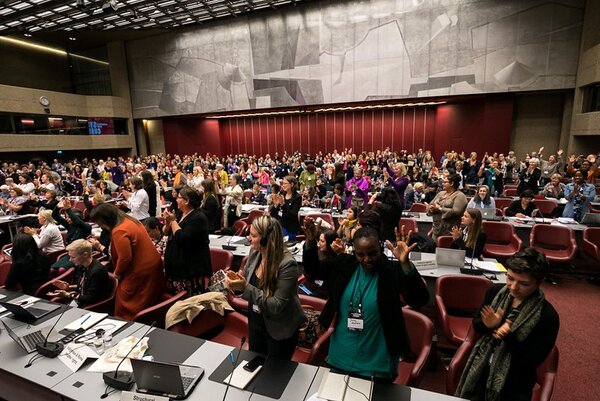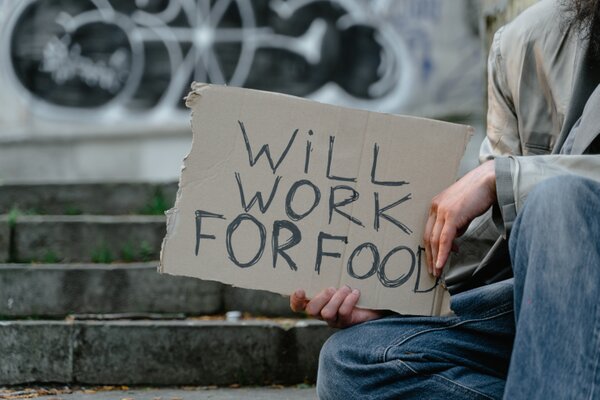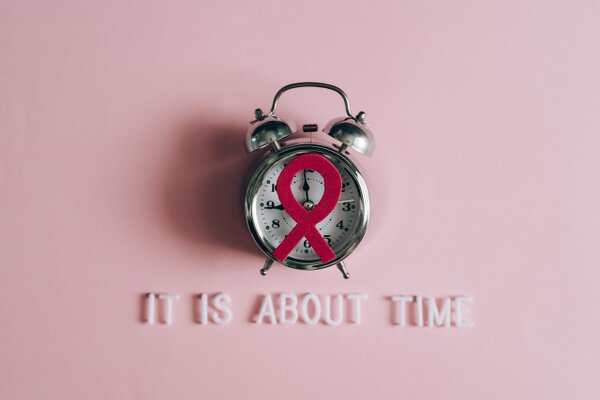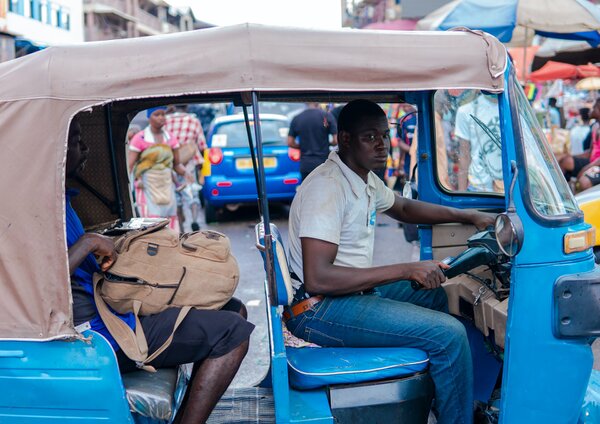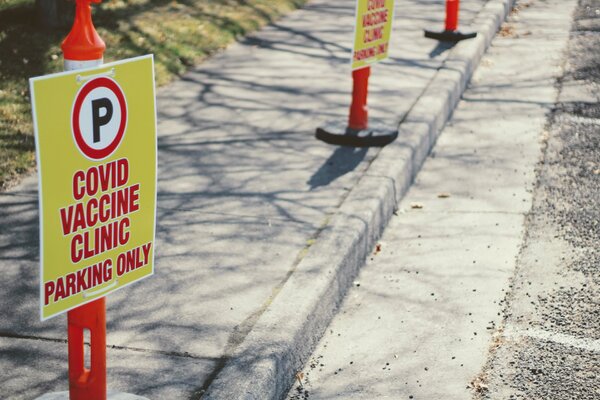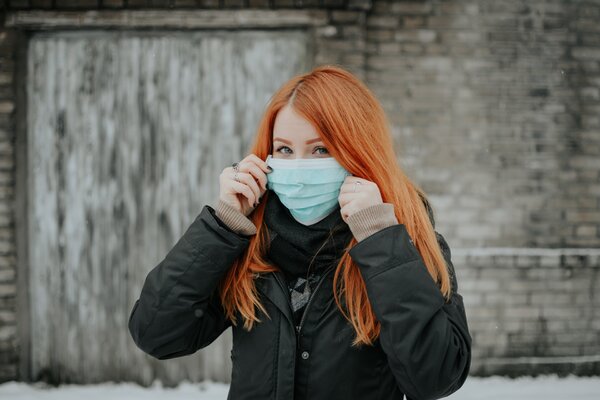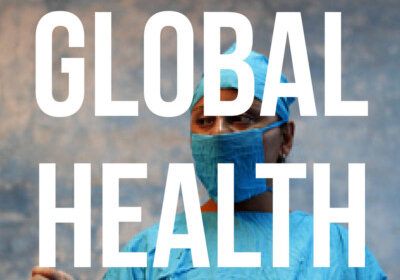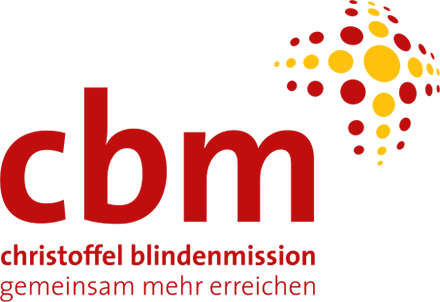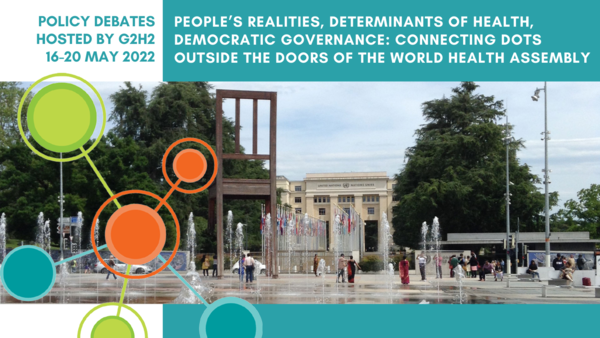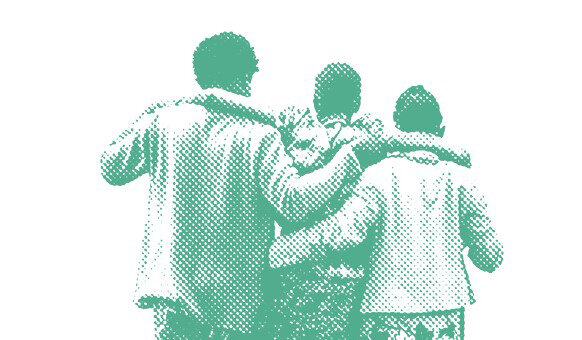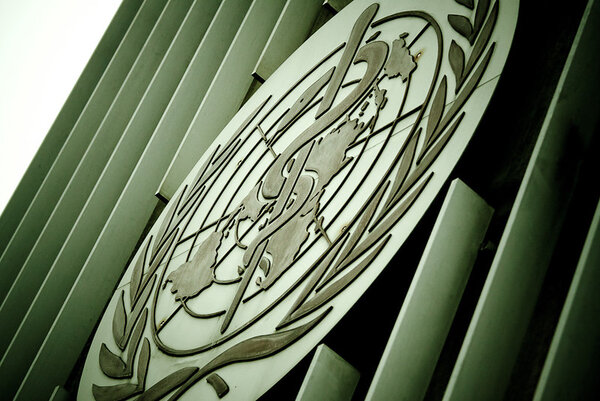Ce sont les mouvements Black-Lives-Matter et MeeToo qui ont profondément ébranlé certaines grandes organisations non gouvernementales internationales. Que ce soit chez Oxfam ou Women Deliver, des structures de pouvoir qui ont conduit à des scandales de grande ampleur, ont été mises à jour. Tant les sièges que les projets d'intervention de différentes organisations internationales ont été touchés. Entre-temps, le débat s'est poursuivi et est devenu plus fondamental : il ne s'agit plus uniquement d'incidents racistes et/ou sexistes, mais plus fondamentalement de structures de pouvoir profondes dont l'origine est considérée comme étant le colonialisme. C'est précisément pour cette raison que l'appel à la décolonisation de la coopération internationale se fait de plus en plus entendre.
La question se pose : pourquoi faire référence au colonialisme, une époque que nous avons pourtant dépassée depuis longtemps ? La théorie postcoloniale nous permet de le comprendre. En effet, nous vivons dans une période historique postcoloniale, mais les structures économiques, sociales, politiques et culturelles qui remontent à l'ère coloniale ont toujours un impact global. Ces structures perpétuent les inégalités dans les pays du Sud et empêchent en fin de compte les sociétés des pays du Sud de se développer de manière autonome.
La théorie postcoloniale et ses enseignements
Le point fort de la théorie postcoloniale réside toutefois dans un autre constat : le colonialisme n'a pas seulement marqué les pays du Sud, mais aussi les sociétés du Nord, y compris la Suisse. Il continue également d'influencer les structures et le travail de la coopération internationale.
La décolonisation de la coopération internationale implique le dépassement des structures et des modes de fonctionnement qui perpétuent l'injustice et l'inégalité et permettent aux sociétés et aux communautés des pays dans lesquels les ONG sont actives de mobiliser leurs propres modes de développement et ressources.
Ce qui semble ici très abstrait, Medicus Mundi Suisse aimerait en discuter dans le cadre d'une table ronde et le concrétiser à l'aide d'exemples de ses organisations membres : Fepa, Iamaneh et terre des hommes Suisse.
Martin Leschhorn Strebel
Réseau Medicus Mundi Suisse
E-Mail


